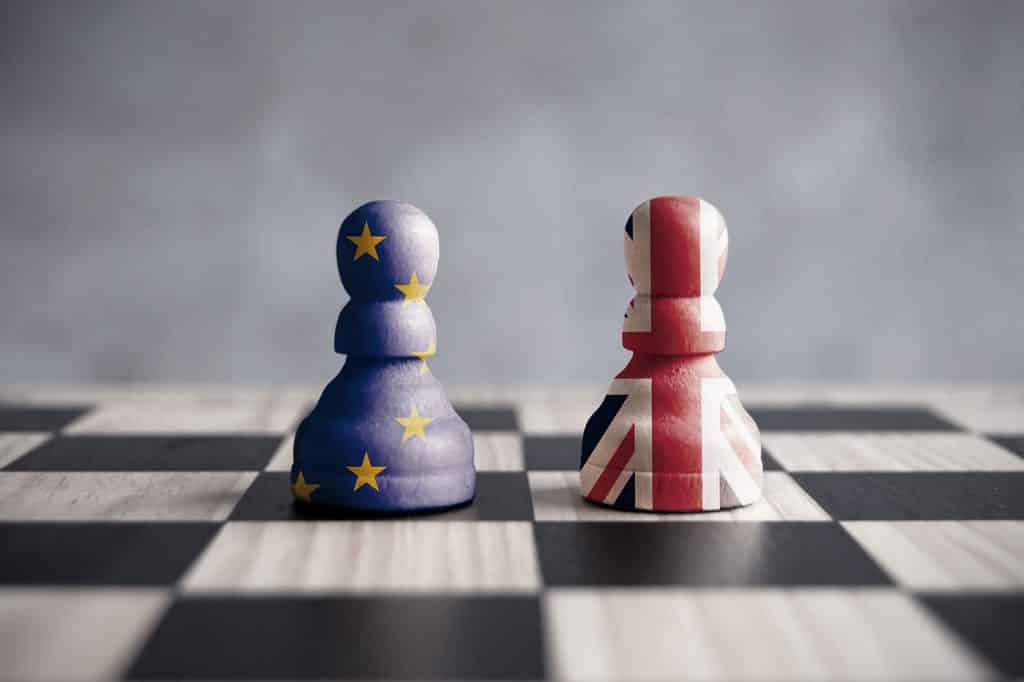It is well-known that online payday loans are an excellent option to cope with unannounced financial problems. If you have found yourself in a challenging situation like medical emergency, late utility bills, and mortgage repayments, you can acquire a payday loan. It can be advantageous for you in more than one way.
Fast Processing
If you are looking for bad credit loans monthly payments, you should definitely consider obtaining payday loans because they process very fast. Unlike traditional loans, you don’t have to go through lengthy processes. If you apply for a payday loan with a good online lending company, your loan application will be approved within minutes. And you will be able to acquire cash on the same day. You wouldn’t have to wait for days or even weeks to meet your financial emergencies. You can feasibly apply for payday loans online under any unexpected financial situation.
Easily Qualification
You can conveniently qualify for payday loans online. You don’t have to face substantial documentation and lengthy processing periods like traditional loans. And there are low chances that your loan application will be rejected. Online lending companies have straightforward requirements if you happen to meet those, you are in a favorable position to acquire payday loans same day. You need to have a valid proof of monthly income, a bank account, and your driver’s license to qualify for loans easily. However, you should know that the amount of payday loans are totally dependent on your monthly income.
No Credit Check Process
Since payday loans are convenient, there is no such thing as a credit check process. You are only required to meet a few basic terms & conditions, and then you are good to qualify for a loan amount. You can surely apply for payday loans with no credit check. Individuals with even bad credit history or score can easily be eligible for payday loans as long as they are capable enough to give valid proof of their monthly incomes. When it comes to payday loans, you don’t have to worry about credit checks. It is noticed that only a few online lenders ask for a credit check when it comes to negotiating for a significant amount.
No Usage Limitations
You can use payday loans for anything. Generally, these loans have no limitations; it doesn’t matter what payday loans can be used for. When it comes to traditional bank loans, you are bound to use the amount for one or two things. For instance, if you are applying for a bridge loan, you will be able to use this just for purchasing or selling your property. However, with payday loans, you are not bound at all. You can acquire payday loans to meet your financial needs under any emergency. Your lender will have no issues as you can use the loan amount for whatever reasons.
Automatic Lending System
When it comes to payday loans online, you can expect an automatic lending and transferring system. After an online lending company has approved your loan application, it will directly transfer the amount to your bank account. And once your payday has arrived, the borrowed amount will be transferred back to your lender automatically with added interest. You wouldn’t need to do anything else on your end.




